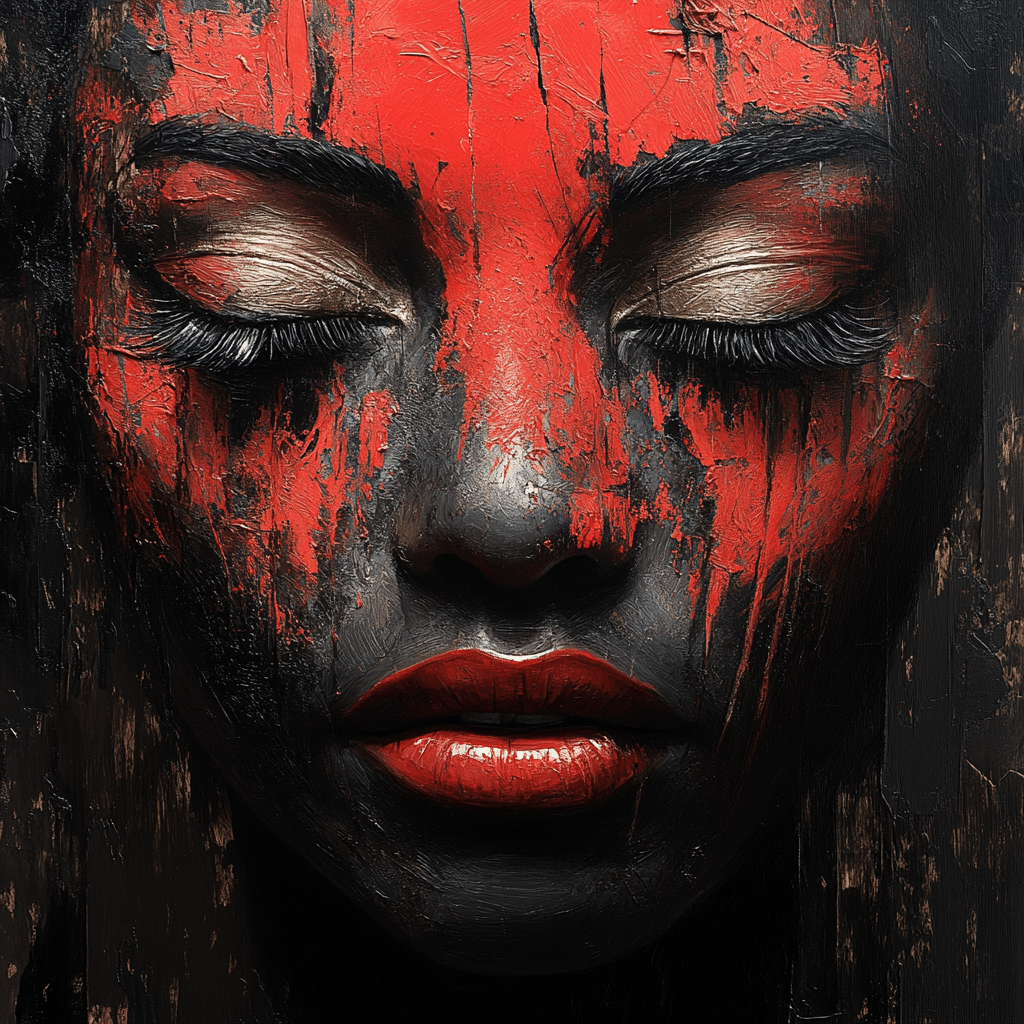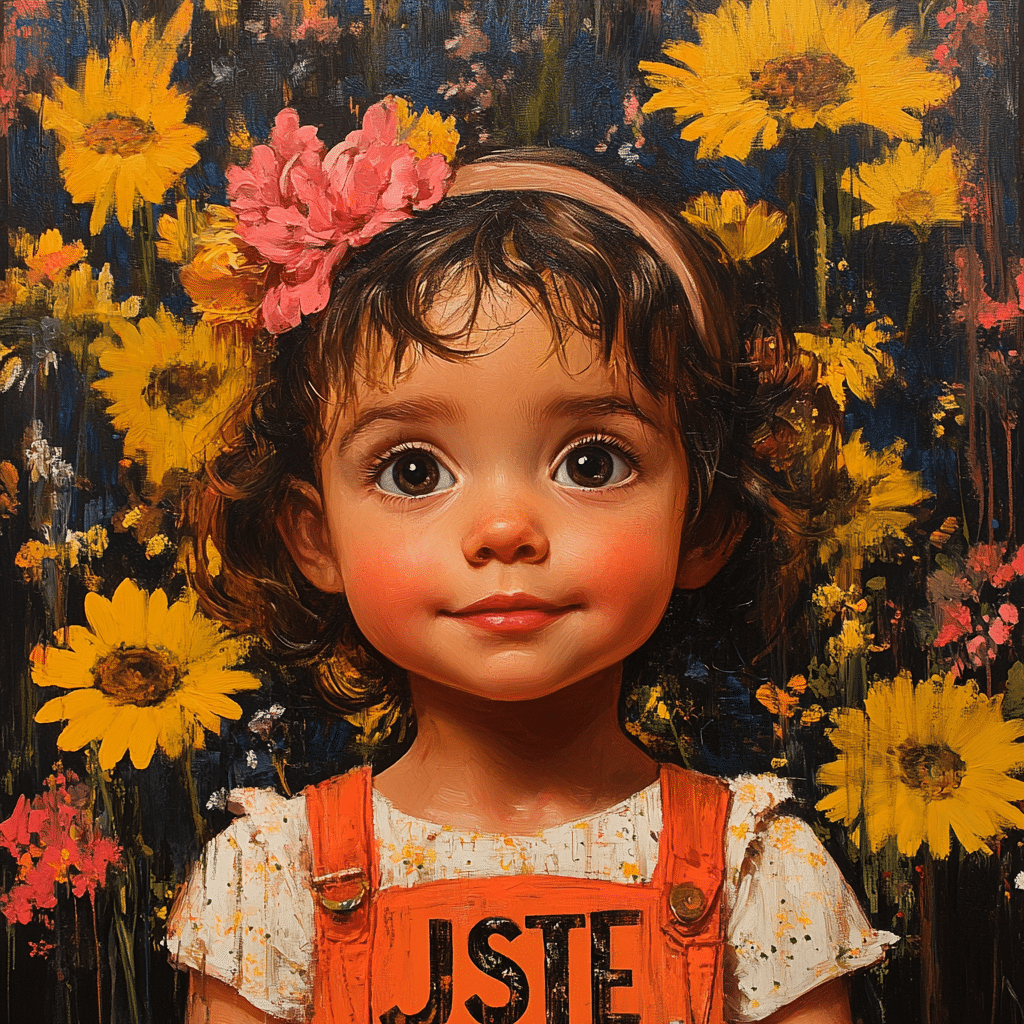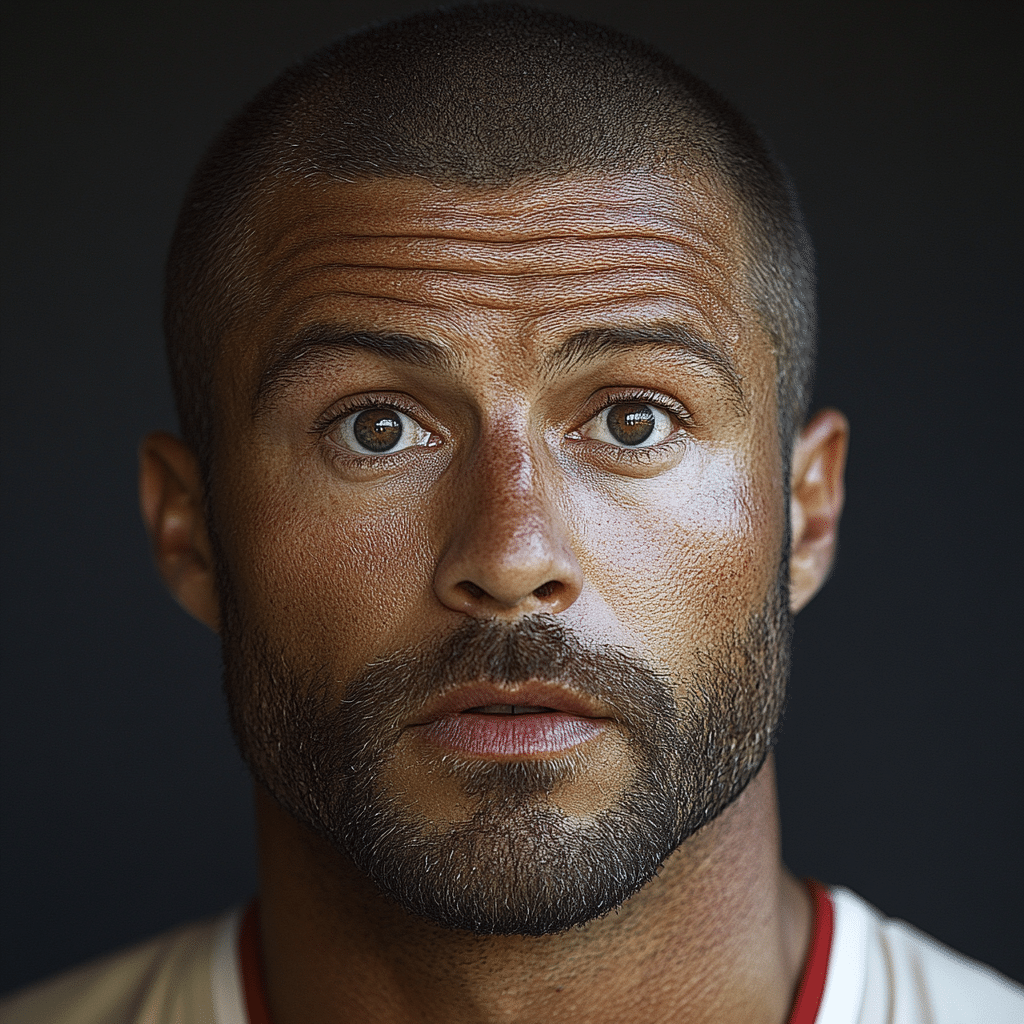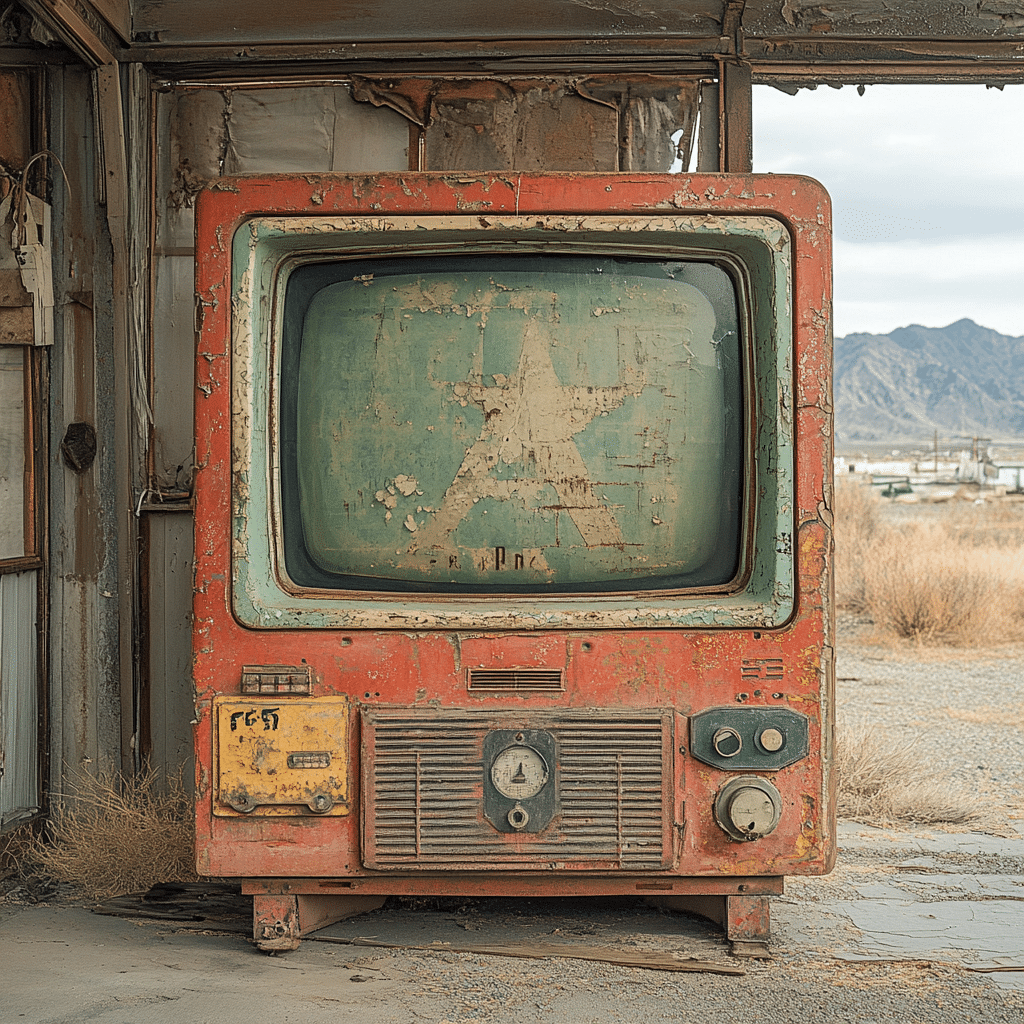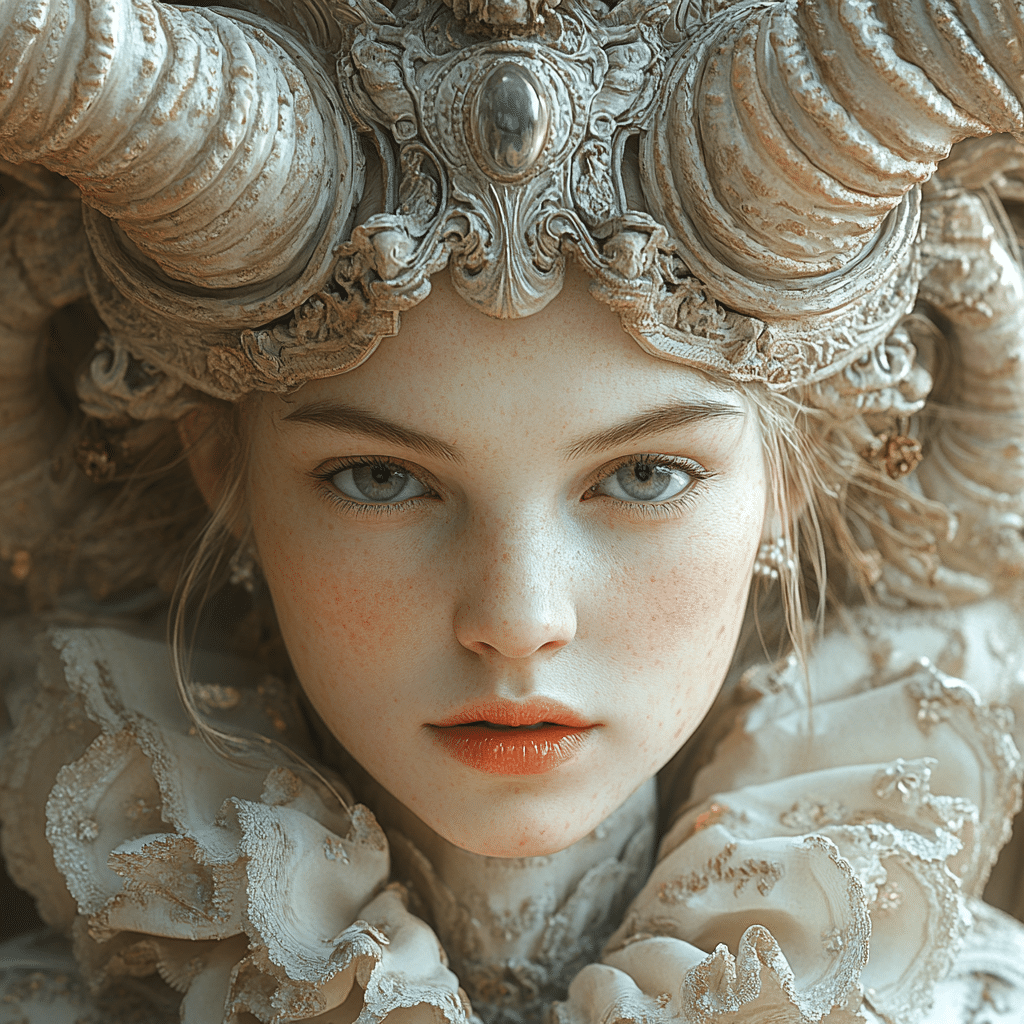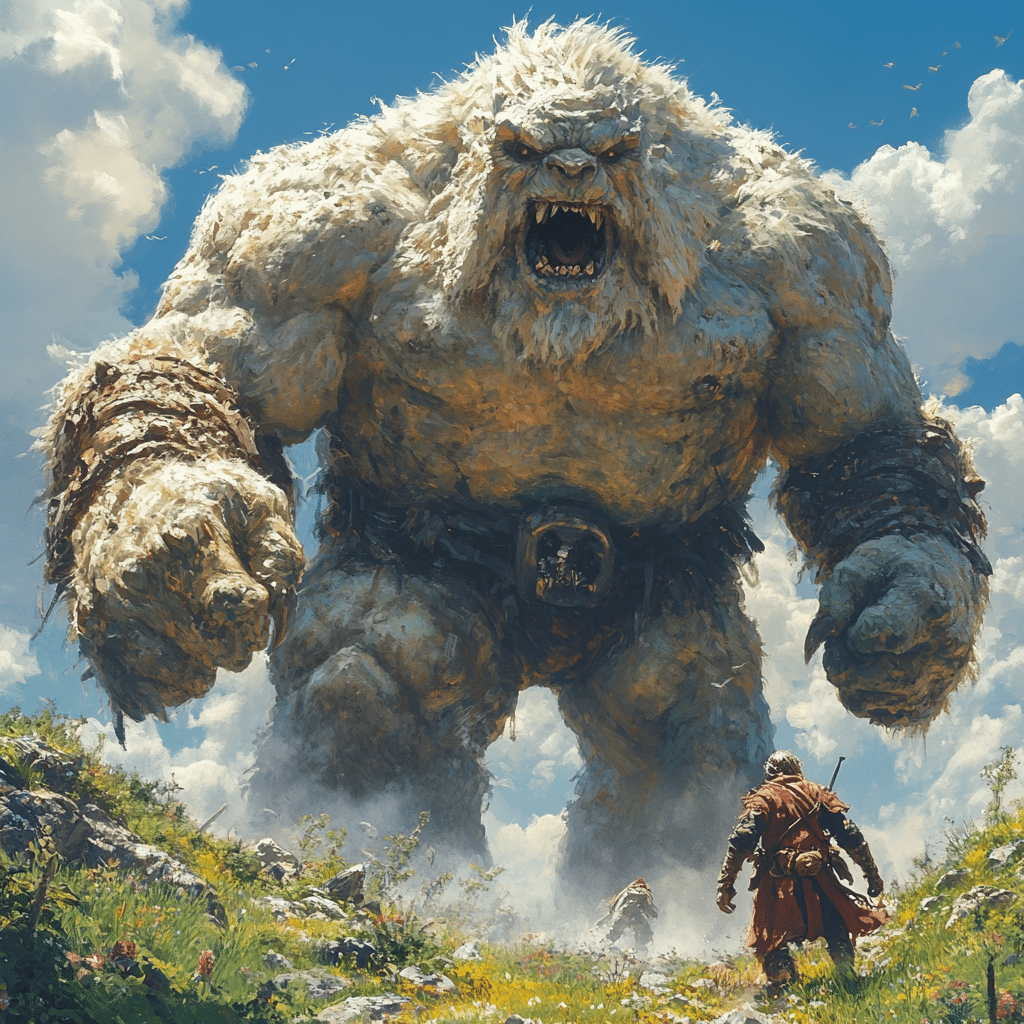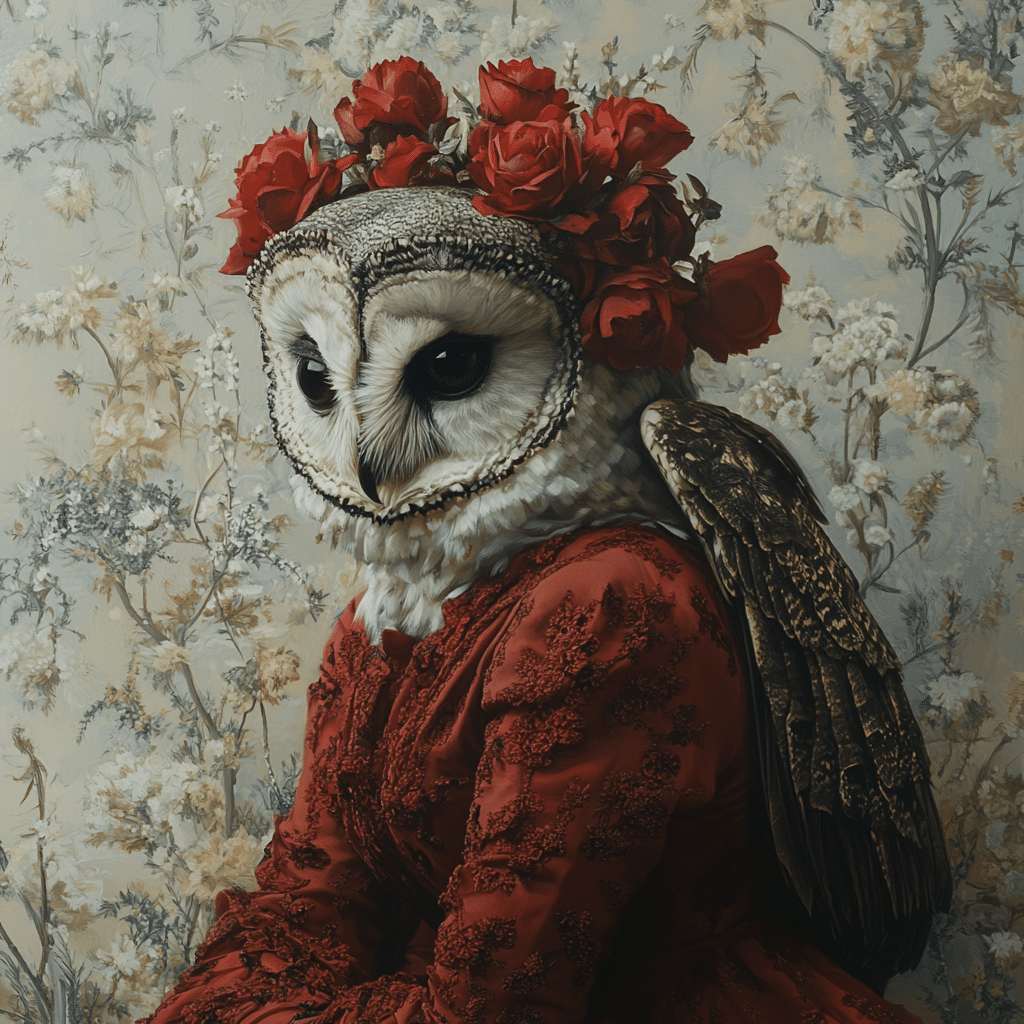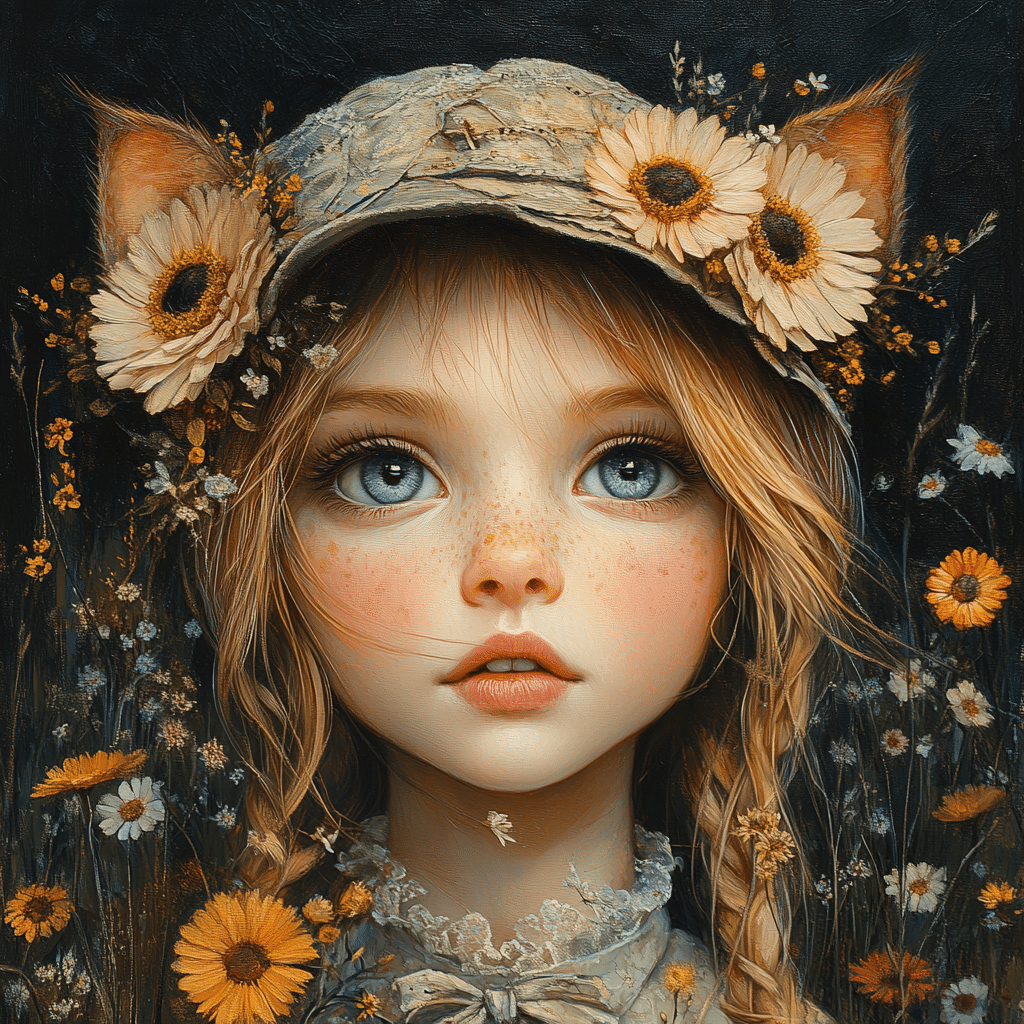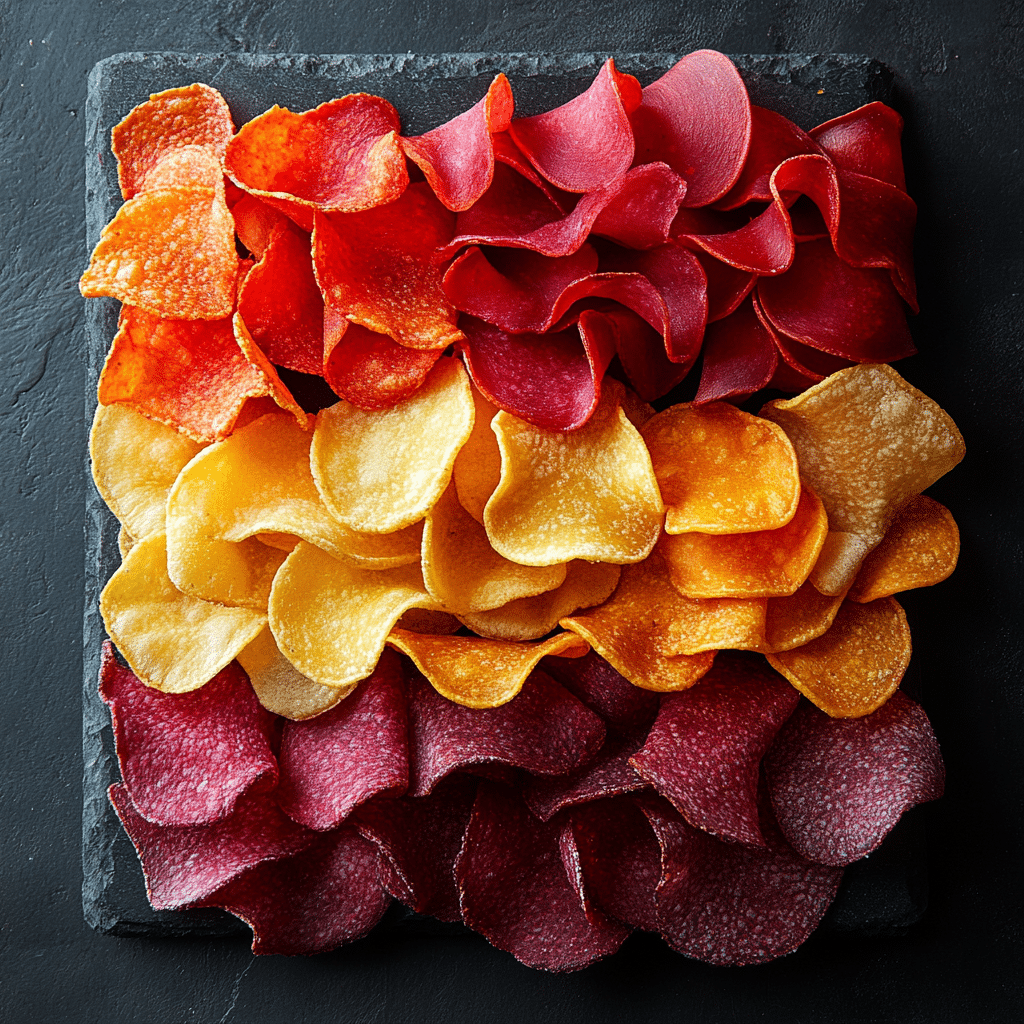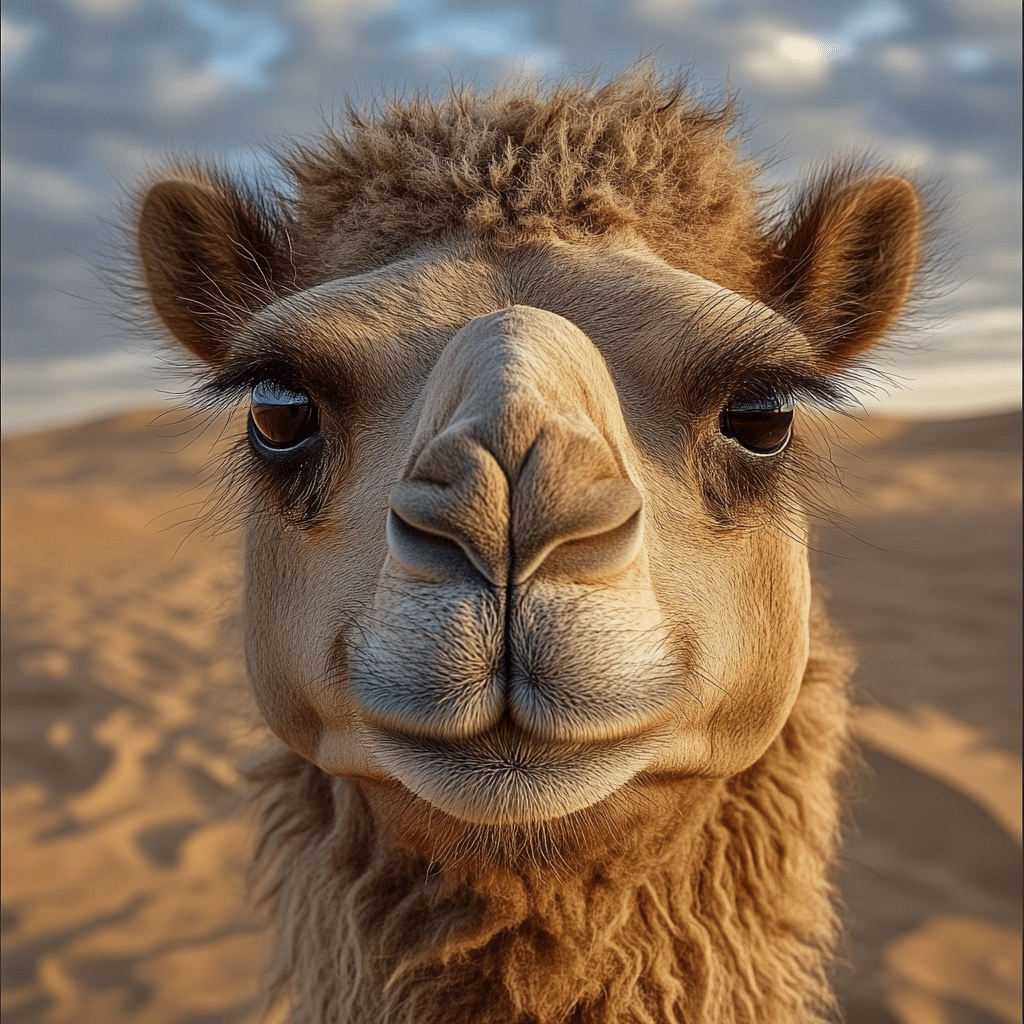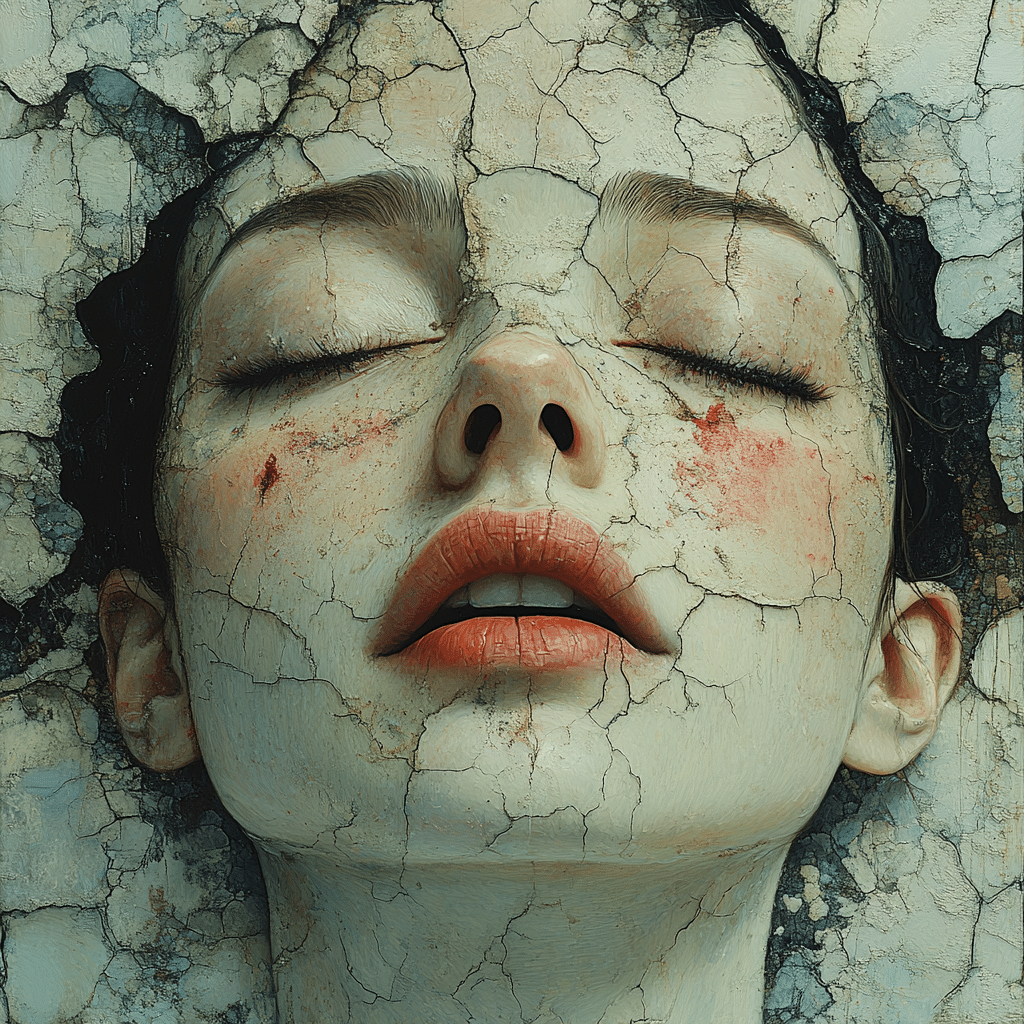In a world teeming with choices and chances, Elegua stands as a remarkable force, guiding the fickle winds of fate. This fascinating figure from Afro-Caribbean spirituality, especially within the Yoruba religion, embodies the duality of life—a mischievous trickster armed with profound wisdom. Picture him at the crossroads, an eternal youthful spirit mingling with the sage aged by centuries, casting spells of change that ripple through our lives. This article dives into the intricate tapestry of Elegua’s mythology, the life lessons he whispers, the modern resurrection of spiritual practices like “Elegoo,” and the vibrant rituals that honor this powerful deity. Let’s untangle this intriguing narrative and uncover how Elegua can illuminate your path.
Understanding Elegua in Afro-Caribbean Spirituality
Elegua is the guardian of the crossroads, a liminal space where choices, chance, and fate intertwine. As both the weaver of destiny and the harbinger of mischief, he embodies personality traits that cannot be categorized easily. Revered in the Yoruba religion and its expansive diaspora in Cuba and Brazil, Elegua thrives amid the colorful stories that elevate him into the realm of the revered and the playful. He’s often depicted as both a vibrant child and an ancient sage, representing the contrasting phases of life, filled with chaos and wisdom.
When Elegua visits your life, it’s not just a casual encounter. He often brings gifts—opportunities that may come with strings attached. Much like the complex narratives found in modern works of art and literature, these visits encourage us to tread carefully between the realms of request and fulfillment. Just as the wisdom of Japanese bondage intertwines physical expression with emotional connectivity, Elegua balances our desires with the lessons of responsibility.
Elegua, known alternatively as Ẹṣùu, stands as an intermediary between the gods, reminding us that every choice carries weight. The act of decision becomes sacred when we recognize his influence, pushing us to embrace the unpredictable essence of life. As such, the wisdom hidden within his mythology resonates with anyone attempting to harness their fate.
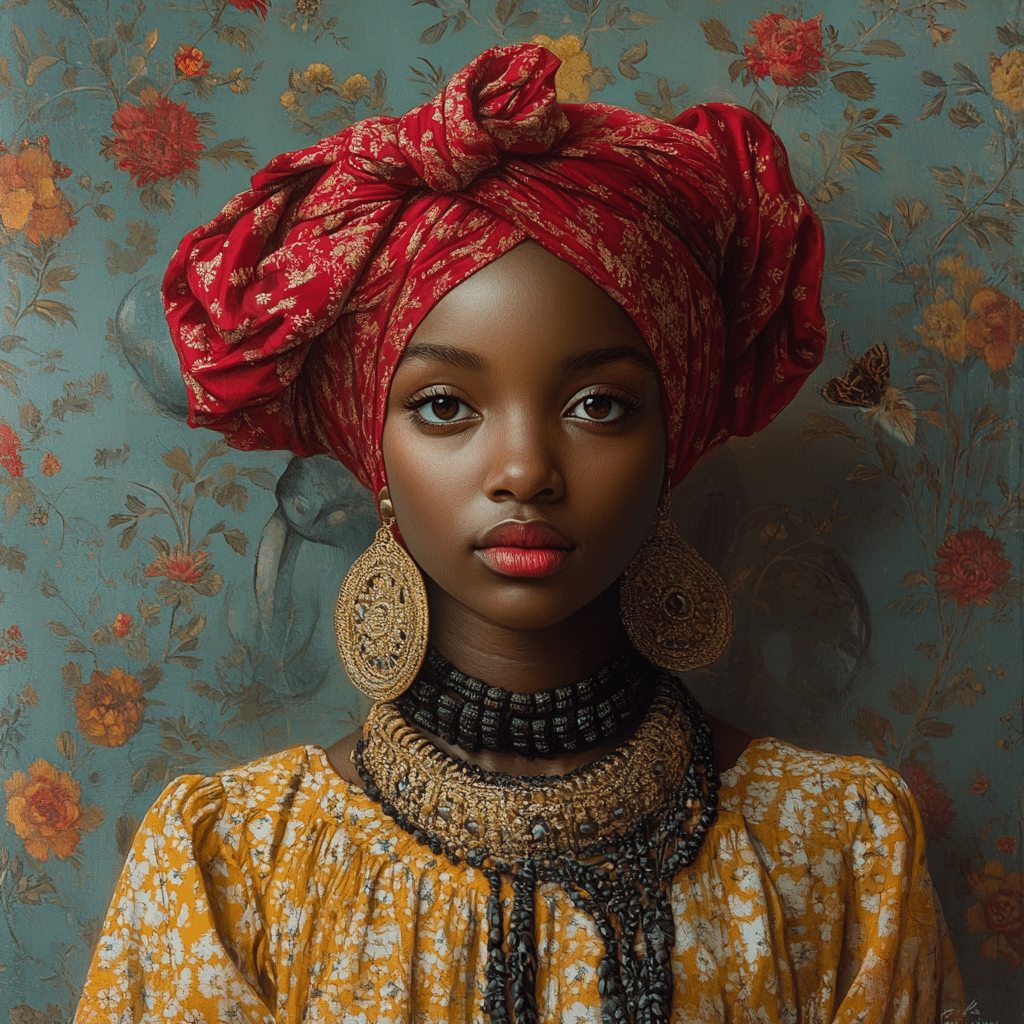
Top 5 Lessons from Elegua: Embracing Change and Flexibility
Elegua and the Emergence of Elegoo in Modern Spirituality
The revival of spiritual practices in contemporary society calls for a fresh interpretation of ancient wisdom. In this emerging tapestry, the concept of “Elegoo” encapsulates how individuals find guidance for personal development and decision-making. Emerging wellness brands, like Ritual and Calm, blend modern mindfulness techniques with age-old principles, mirroring the transformative properties attributed to Elegua.
Just as traditional rituals have been reinvigorated, individuals are redefining their relationships with spirituality. This modern movement allows conversations to flourish around topics like personal empowerment and metaphysical practices. The intersection of ancient rituals and modern life creates a rich soil for self-discovery. Whether practiced individually or in community, Elegoo provides a meaningful space for reflection and connection in our fast-paced world.
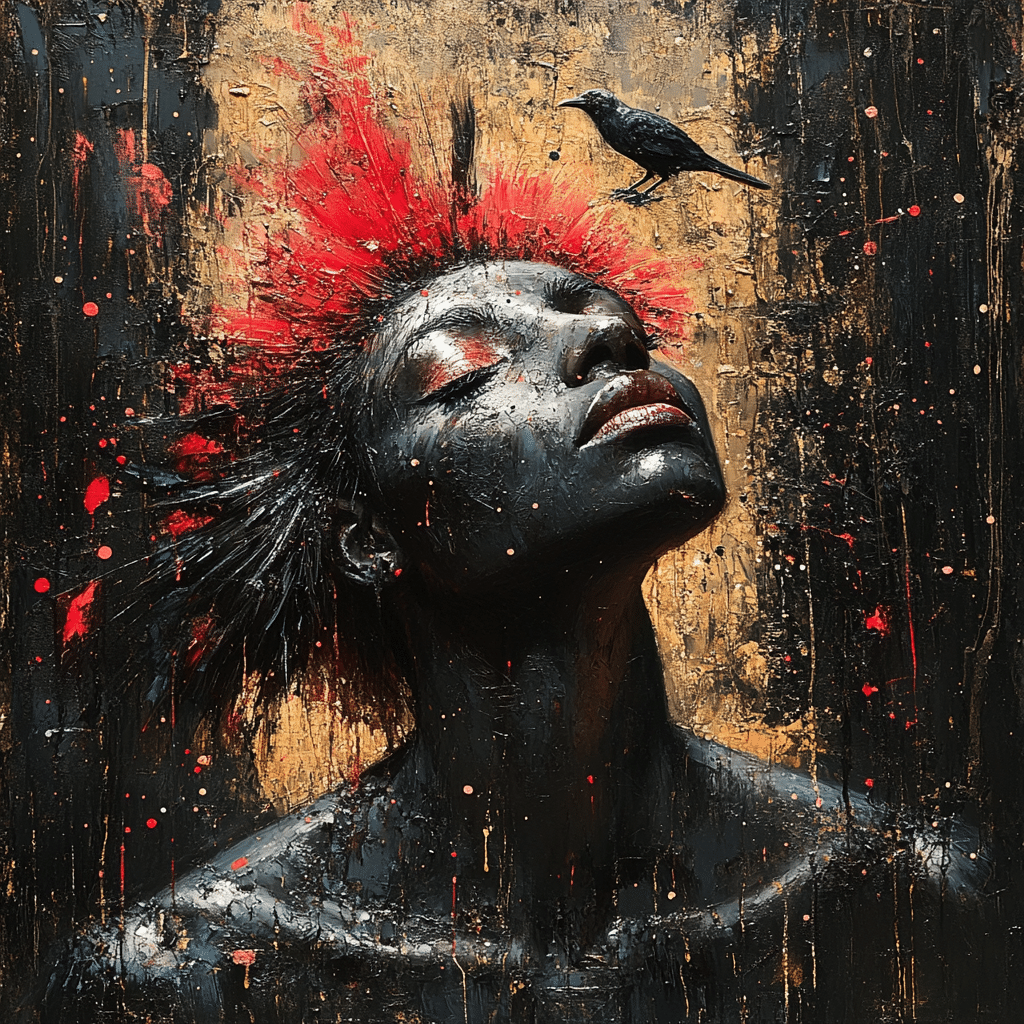
Embodying Elegua: Rituals and Practices
Honoring Elegua involves a mix of playful and sacred practices that bind individuals to their destiny.
The Legacy of Elegua in Contemporary Culture
From the printed pages of literature to the pulsating beats of music, the legacy of Elegua vibrantly resonates through contemporary culture. Artists, such as Beyoncé, often draw on Afro-Caribbean symbolism, weaving ethos of unity and multiplicity into their work. This mirrored vision unearths the interconnectedness of our varied paths, perfectly aligning with the essence of Elegua.
Literature, too, channels this energy. Junot Díaz’s “The Brief Wondrous Life of Oscar Wao” explores themes of fate and trickery, echoing the narrative currents of Elegua. By engaging with these narratives—whether through a powerful line in a song or the poignant prose of a novel—we’re reminded of the indelible impact of choices and chance.
Making Sense of the Crossroads
Life’s twists and turns can feel like an intricate web of choices and experiences, much like Elegua at the crossroads. If we embrace the lessons embedded in his story, we can cultivate the courage to embrace change, seek wisdom in our decision-making, and nurture connections that pave the pathways to our destinies. The dance between chaos and order, laughter and seriousness swirls within all of us. In the end, it all leads to a more profound understanding of ourselves and the world we inhabit.
So, breathe in the chaos, acknowledge the playful trickster of fate, and embrace your chaotic journey—guided by none other than the enigmatic Elegua. It’s time to let fate unfurl its mesmerizing tapestry before you, one whimsical twist at a time. As you walk your tightrope over the crossroads, remember: sometimes, even the most challenging paths lead to the most unexpected joys.
Elegua: The Powerful Trickster Guiding Your Fate
A Little Background on Elegua
Did you know that Elegua is often referred to as the gatekeeper of destiny? In Afro-Cuban religions, especially in Santería and Lucumí, Elegua is seen as a trickster, and he’s associated with crossroads, decisions, and fate itself. This deity’s playful and unpredictable nature is akin to that of Shane Van dyke, who has captivated audiences with his twisty plots in films. Just as Van Dyke navigates through suspense, Elegua nudges individuals to rethink their life choices. And much like the lyrics to Worthy of It All, the messages contained in these traditions speak of trust and surrender to a higher power, guiding one’s decisions towards a more meaningful life.
The Mystique of Crossroads
Elegua is known for his roles at the crossroads of life, where choices are made and paths diverge. Interestingly, he embodies both the potential for mischief and profound wisdom, representing how we often grapple with life’s tricky situations. Fun fact: this concept mirrors how we often look for information in our daily lives, like finding insights on alternative topics, from offensive Memes that provoke thought to a deep dive into the update on Idaho Murders. Each decision point could lead to amusing consequences, just like the humorous twists found in stories like Kung fu noodle, where unexpected turns keep viewers on their toes.
Guidance in Everyday Life
Whether you realize it or not, Elegua’s influence permeates everyday moments. From the small choices we make, like How To read faster during an intense study session or choosing the perfect dish like in Speedyshort, he’s there nudging us toward the right decision. Much like navigating through the chaos of digital life, where you come across unexpected yet entertaining content, Elegua reminds us that even in the most mundane tasks, there’s a chance for magic. Each time you ponder your fate or decision, think of that mischievous trickster guiding you, sometimes leading you to joyous outcomes, or perhaps some enlightening surprises, akin to stories told by the creators behind Pixxarmom.
So, as you consider your life’s journey, remember that Elegua’s playful spirit is always at work, guiding you through the crossroads with a wink and a nod.
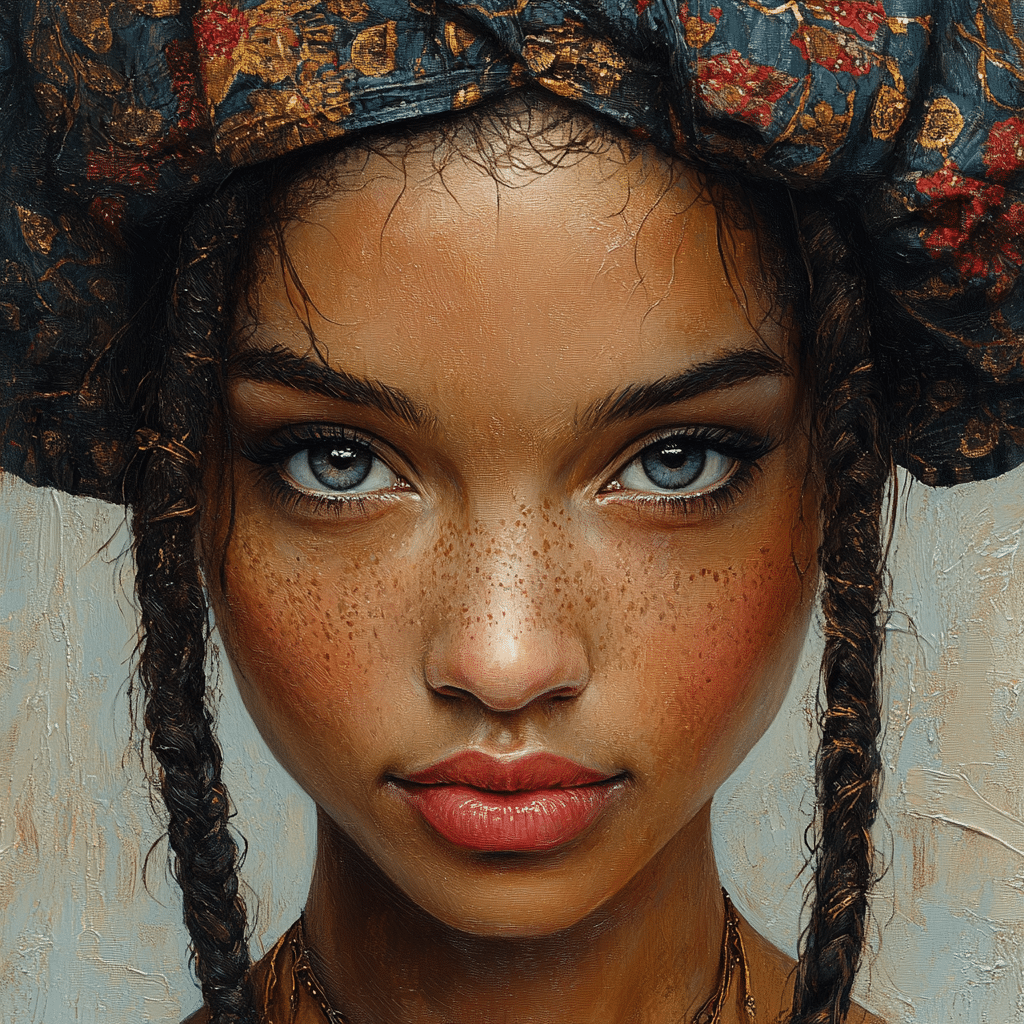
What does Elegua represent?
Elegua represents the crossroads, choices, and destiny. He embodies the duality of life, reflecting wisdom and youthfulness, and shows how every decision can lead to different paths.
Is Elegua good or bad?
Elegua is seen as both good and bad. He’s a trickster who brings opportunities but can also play tricks, so it really depends on how he’s approached and the offerings made to him.
What African religion is Elegua?
Elegua is part of Santería, which blends African traditions and Catholicism. The beliefs and practices surrounding him are rooted in Yoruba religion from West Africa.
How many paths does Elegua have?
Elegua is said to have 256 paths, known as Eshu, which symbolize various ways of connecting with him and understanding the different aspects of life.
Who is the most feared orisha?
The most feared orisha is often considered to be Ogun, known for his strength and power, especially in battle and protection.
Is Santería voodoo?
Santería is distinct from voodoo, although both have African roots and share some similarities. They arise from different traditions and cultural practices.
What day of the week is Elegua day?
Elegua’s day of the week is Monday, a time when devotees often make offerings and meditate on his guidance and blessings.
Do Orishas believe in god?
Yes, Orishas believe in a supreme being known as Olodumare, who is regarded as the creator of the universe.
What saint is Elegua?
Elegua is often associated with Saint Anthony in Santería, reflecting the way his powers and attributes are blended with Catholic saints.
Who is elegua in Greek mythology?
In Greek mythology, Elegua doesn’t have a direct counterpart, but Hermes shares similarities as a trickster and messenger.
Which orisha number is 7?
In the Yoruba tradition, Orunmila is represented by the number 7, emphasizing wisdom and the connection to divination.
What language is elegua?
Elegua is rooted in the Yoruba language, which is central to his cultural and spiritual significance.
What is the purpose of Eleguá?
The purpose of Eleguá is to facilitate communication between humans and the divine, guiding paths and choices while offering wisdom.
Does Eleguá like popcorn?
Yes, Eleguá likes popcorn, often considered an offering that brings joy and a playful spirit to his presence.
What is Ifa religion?
The Ifá religion is a system of divination and spirituality connecting with the Orishas, focusing on wisdom and fate through the teachings of Orunmila.
Who is the most powerful orisha goddess?
The most powerful orisha goddess is often considered to be Oshun, known for her beauty, love, and ability to provide abundance.
Which orisha gives wealth?
Yemaya is often associated with wealth, as she governs the waters and represents fertility and prosperity.
What is the meaning of the Elegua bracelet?
The Elegua bracelet symbolizes protection and connection to Elegua, serving as a reminder of his guidance and powerful influence.
Which orisha is associated with death?
The orisha associated with death is Yemoja, who represents the caring aspect of life transitions, including death.
What does Orunmila symbolize?
Orunmila symbolizes wisdom, knowledge of fate, and the guiding force behind divination practices within the tradition.
What is the meaning of the Elegua bracelet?
The Elegua bracelet signifies a spiritual connection to Elegua, often worn by devotees for protection and blessings in their daily lives.
Who is Elegua in Greek mythology?
In Greek mythology, there isn’t a counterpart for Elegua as he is specific to Yoruba tradition and Santería practices.
What saint is associated with Elegua?
Elegua is associated with Saint Anthony, representing the blend of African spiritual practices with Catholicism in Santería.
